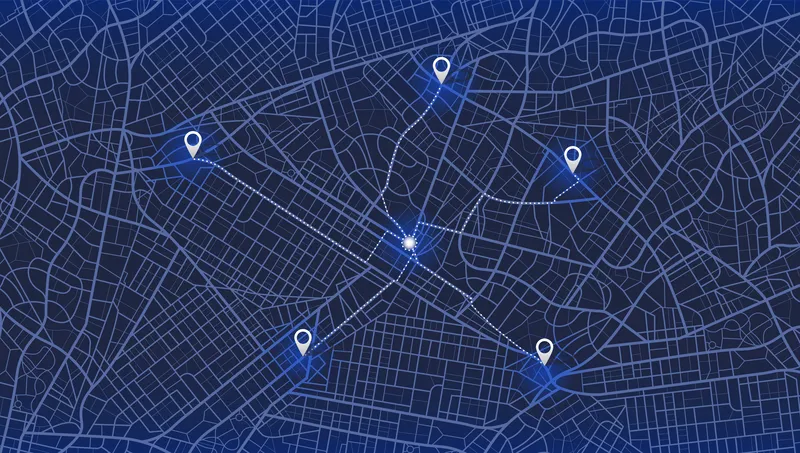
It’s one thing to digitally print permanent and temporary road quality signs at great speed, but another thing to make them durable as well.
The ideal situation is to do both, which is why global ink manufacturer
3M solutions offer instant curing inks to allow for immediate lamination, meaning the work area and operatives are free from messy inks. It also reduces the need for finished sign and material inventories. All the inks are made in the United States and the machines run between 95 square feet per hour up to 500 square feet per hour.
In the end, it’s all about keeping the client satisfied and so 3M Traffic Safety and Security Division backs up its solutions with up to 12 years MCS Warranties, explains Christie Vitale, 3M global business development manager.
“We’re looking to partner with companies that can supply, install and monitor the best printers as we provide the customer’s solutions including our extended warranty,” she says.
“3M has been providing digital traffic solutions for at least a decade is testament to the quality of the products.”
3M recently launched its Advanced Engineer Grade Prismatic Sheeting Series 7930 that extends the line of reflective sheeting solutions. It is designed to work in the outdoors specifically for non-critical, signage applications.









